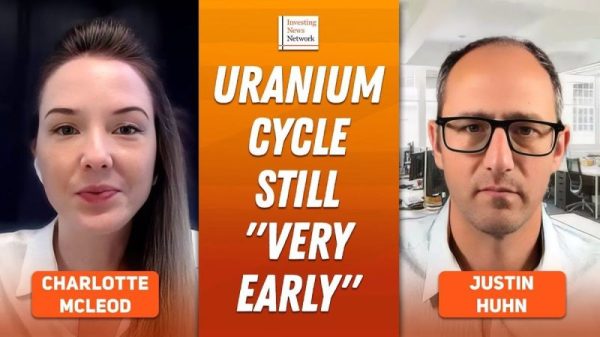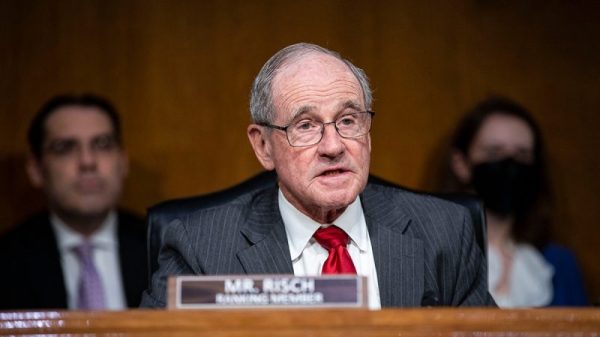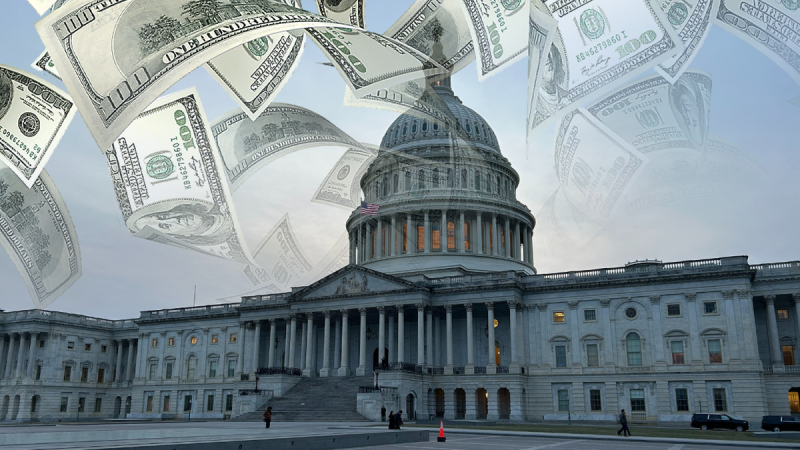A House fiscal hawk wants to create a payment plan for congressional emergency spending to create accountability for the ‘no rules apply’ funding stream.
Rep. Marlin Stutzman, R-Ind., is set to introduce the Emergency Spending Accountability Act that would add guardrails to last-minute funding meant for national emergencies, like natural disasters, the COVID-19 pandemic or other spending meant to fill the gaps in the appropriations process.
Stutzman told Fox News Digital that lawmakers will go about the usual budgeting process, passing stopgap spending bills or colossal, omnibus spending packages, but that ‘somewhere in between’ there’s always extra money pushed out the door for emergencies.
‘Whenever there’s an emergency, Congress always overreacts,’ he said. ‘And I believe they pass these big spending bills under the guise of an emergency, national emergency, and spend money that we don’t take into consideration through our budget process.’
He said that when he first came to Washington in 2010, the national debt was $9 trillion. After leaving the House and returning during last year’s election cycle, that number has since ballooned to more than $36 trillion.
And since the early 1990s, more than $12 trillion in emergency spending has added to the ever-growing deficit. The lawmaker said that the money dedicated for emergency use was rarely ever paid back, and he argued that the taxpayer dollars were sometimes not used for actual emergencies.
Stutzman’s legislation, which so far has seven House Republican co-sponsors, would require the federal government to pay off the balance of future emergency spending by 20% each year for five years after an emergency following a green-light from lawmakers to open up the cash flow.
His bill would also stipulate that any emergency spending would have to comport with the criteria laid out by the Balance Budget and Emergency Control Act of 1985, which laid out a five-point roadmap to justify that emergency spending be necessary, sudden, urgent, unforeseen and not permanent.
He understood that there is always a need for emergency spending, giving the examples of the pandemic and of Hurricane Sandy, which blasted through the East Coast more than a decade ago, but he noted there should be offset cuts to account for the spending and better planning on how the taxpayer dollars would be used.
‘Most companies and family budgets, they always have a rainy-day fund or an emergency fund that they can tap into if they need it for unexpected costs and expenses, but that’s not the way Washington works,’ Stutzman said. ‘So that’s the idea.’







































